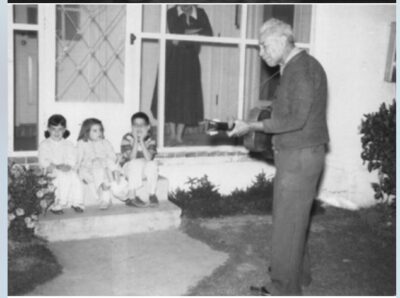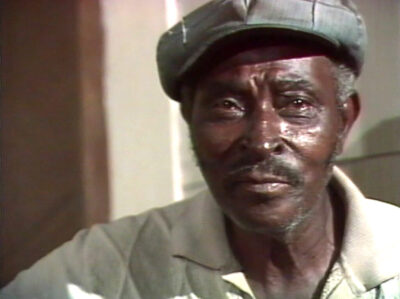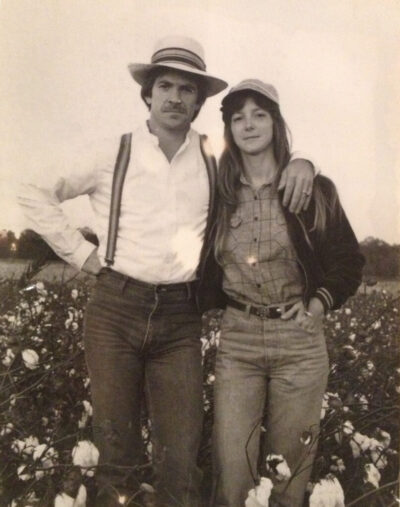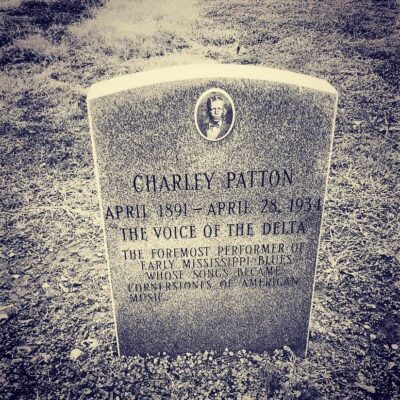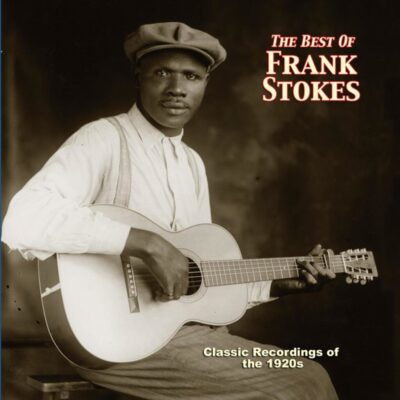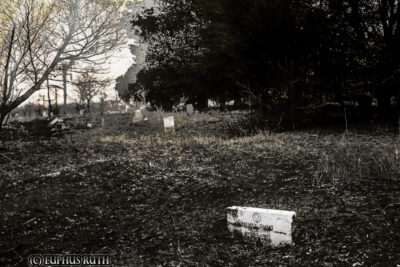Mississippi Fiddle Tunes, Commercial and Informal Recordings, 1920-2018 T. DeWayne Moore, Harry Bolick, Tony Russell, David Evans, and Joyce H Cauthen
This books contains biographies of African American fiddlers who never recorded due to the segregation of sound–Theodore Harris, Allen Alsop, and Prince McCoy, the highly versatile musician and string band leader who inspired W.C. Handy in Cleveland, Mississippi in 1905. Whereas ethnomusicologists have long associated the musical repertoires of African American musicians with their recorded output in the recording industry, the lived experiences and repertoires of there artists were always dynamic and versatile. It also contains newly composed, fresh, and richly contextualized biographies of other African American fiddlers, such as Alonzo Chatmon, Harry Chatmon, Thomas Jefferson Dumas, Sid Hemphill Sr., as well as white Mississippi fiddlers such as Eugene Clardy and Willie Narmour.
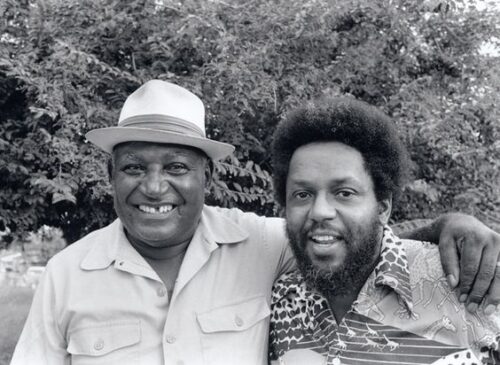
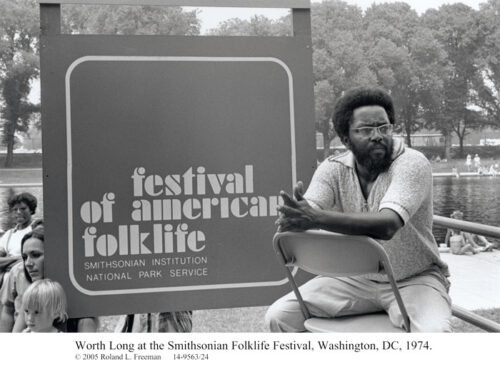
“Worth Westinghouse Long Jr.: Creating Dangerously in The Land Where the Blues Began”
Southern Cultures 26:1 (Spring 2020): 54-77.
Having honed his skills as a folklorist while working as a field coordinator for SNCC, Worth Long developed a heightened state of consciousness and salvaged important elements of African American history from the wreckage of Jim Crow, drawing the protest elements out of the blues and black folklore, putting them on display, and aiming for nothing short of the psychological liberation of mainstream America.
“Ripped Spike, Tie and Rail from its Moorings’: Racial Reconciliation, Public History, and the ‘Yellow Dog’ of the Mississippi Blues Trail.”
The Public Historian 42:2 (May 2020): 56-77.
Using local newspapers and tracing the origins of several stories about the
development of the sobriquet “Yellow Dog,” this essay demonstrates how the heritage trail markers erected in Moorhead, Mississippi, silence the origins of the term in the suffering of African American men and women who worked in the rolling convict lease camp that built the “Yellow Dog” railroad through the Great Swamp. The marker’s text instead forwards a dubious debate over the term’s origins, excluding its true beginnings in the experiences of African Americans. The heritage trail markers at Moorhead are only one of the examples of how professional state consultants and the Delta Center for Culture and Learning promote racial division—not reconciliation—through erasure of the African American past.
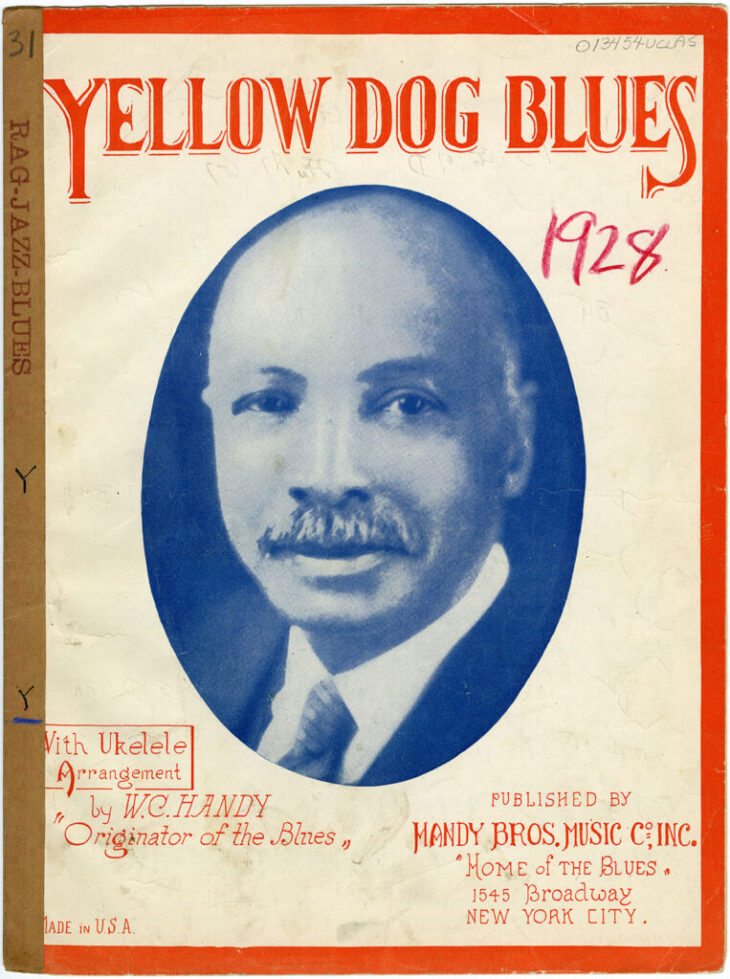
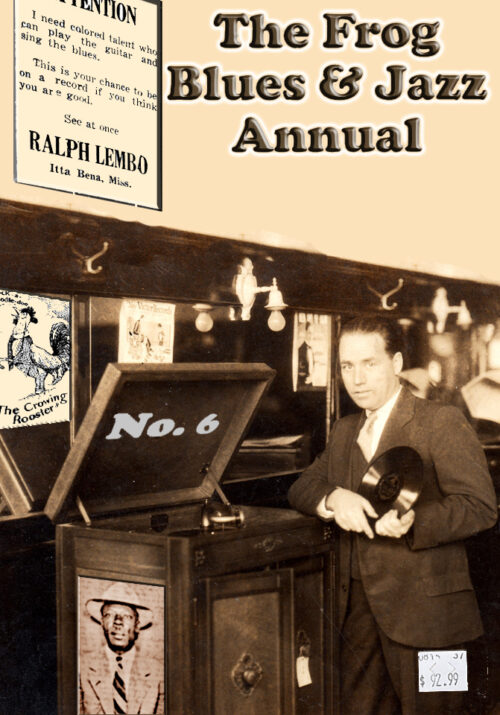
“Lightning Struck Him”: Walter Rhodes, the Delta’s Crowing Rooster, and the Influence of Accordion on the Blues
By David Evans, Ed Payne, Richard Linster, T. DeWayne Moore, and Bob Eagle
The Frog Blues & Jazz Annual 6. In Press.
Walter Rhodes became the first male artist from the Mississippi Delta to record the Delta blues on December 9, 1927, but he accompanied his singing with the dreaded accordion! This article is an attempt to provide a bit of biographical and interpretive detail to this obscure Delta blues pioneer figure. It is a collaborative effort of five researchers, based on fieldwork in the 1960s through the 1980s and more recent research in official documents by all of the authors. And, yes, his death certificate confirms that “lightning struck him!”
“Revisiting Ralph Lembo: Complicating Charley Patton, the 1920s Race Record Industry, and the Italian American Experience in the Mississippi Delta.”
Association for Recorded Sound Collections Journal 49:2 (Dec 2018): 153-184.
This essay examines newspaper articles, government documents, personal family collections, and secondary sources to refute and corroborate interviews about Ralph Lembo and restore the good name of the Mississippi talent scout and manager whose passionate, multi-faceted engagement with the entertainment world brought many artists to major recording companies, including Columbia, Paramount, OKeh, and Victor. Lembo drove Rocket 88 air-conditioned automobiles, wore alligator boots and Panama-brimmed hats, and he stepped up and offered his large plantation when several other potential sites had refused to support the establishment of Mississippi Valley State University. Lembo relished playing the drums in his band the Pot Lickers and operating several music stores in the mid-Delta, which brought him into contact with an immense well of talent, including such figures as Kansas City Jim Jackson, Bo Carter, Blind Lemon Jefferson, and Rubin Lacy. This article also explodes the negative and ongoing bias against Lembo and argues that he discovered the “King of the Delta Blues,” Charley Patton.
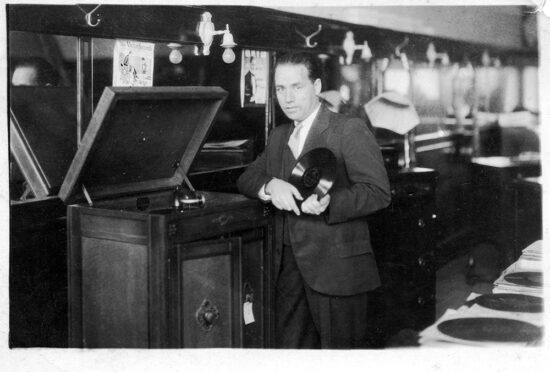
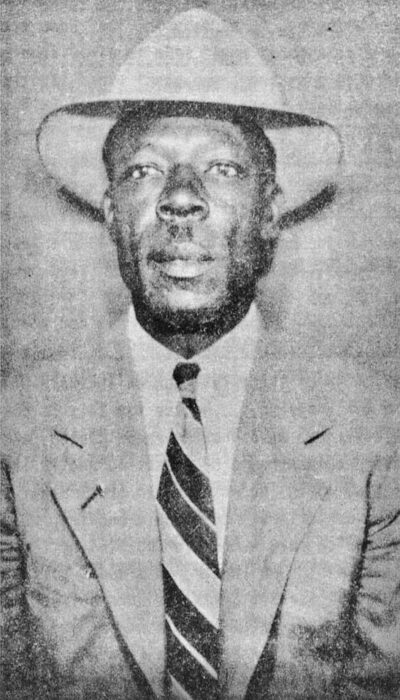
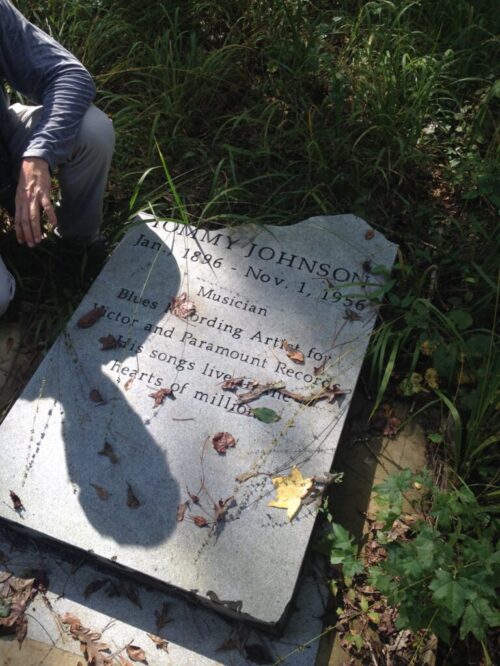
“‘I Asked for Water and She Gave Me Gasoline’: Unnecessary Roadblocks, Religious Syncretism, and the Headstone Blues in Copiah County, MS.”
Association for Gravestone Studies Quarterly 42:2 (Summer 2018): 7-13.
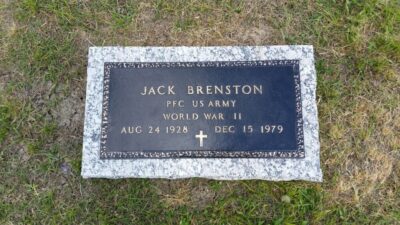
“Unearthing the Headstone of Jackie Brenston.”
Living Blues 237:46:3 (June 2015): 82-83.
2013 Living Blues 223:44:1 (Feb/Mar 2013): 16-23.
“‘He Just Going to Stay Down There and Do It at Home, In His Own Front Yard’: The Music of Crystal Springs, Mississippi Native Sunny Ridell.”
2009 West Tennessee Historical Society Papers 63 (2009): 29-49.
“‘You Know That I’m Getting Tired of Sleeping by Myself’: The Influence of Blues Legend Willie Lee Brown.”
Forthcoming Monographs
“Forgotten in the Place it was Born and Raised”: A History of Mississippi Action for Community Education and the Origins of Blues Tourism in the Politics, Performances, and Bicentennial Protests in the Queen City [revised diss.]
He Sold Hisself to the Devil: A History of Tommy Johnson, Blues, and the Black Freedom Struggle in the Brown-Loess Belt, 1815 to 2020 [revised thesis]
